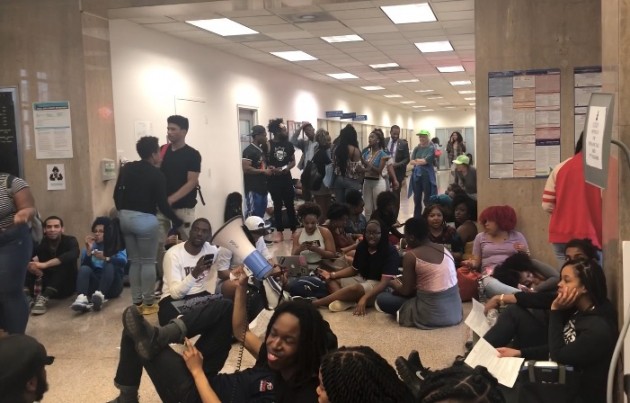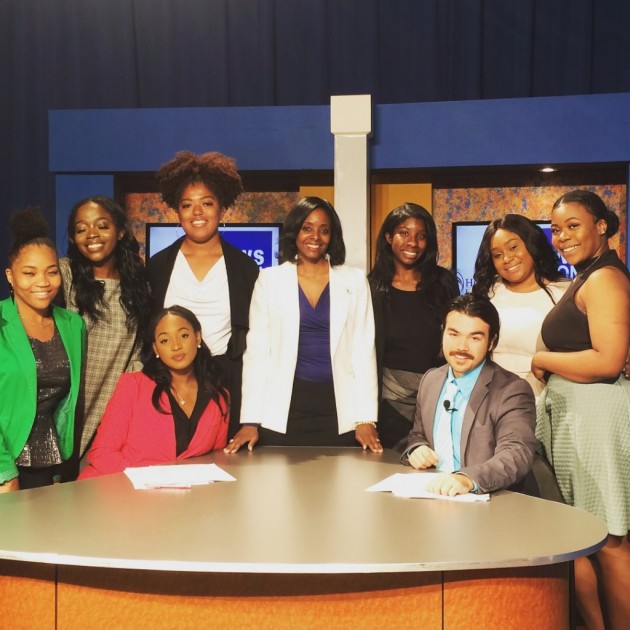Rapper DMX, born Earl Simmons, and his wife Tishera welcomed their first daughter (but third child) last Monday and named her Praise Mary Ella, in honor of the rapper’s late grandmother.Although names are created almost always completely independent of the person’s personality and characteristics, they represent each individual throughout their entire lives. They are written on birth certificates, grave stones, and applications.
Simply put, personal names are used as a means to distinguish one person from another. DMX’s daughter’s name is an example of the many unique names that families, particularly minority families, have had a history of creating and, as meaningful as they may be, how much of a baring does a person’s name have on their future? Could something as simple as a name end up being a burden for the child? Can a name create stereotypes?
“A person’s name could have a subtle or a huge bearing on their career future because if it’s a choice between picking a ‘Jessica’ over ‘Tenisha’ strictly based on applications, Jessica will probably get called in for the interview,” said Howard junior graphic design student Tyrone Jack.
“Not even just because it is assumed that Jessica would be white, but there are other connotations that come along with names like that. It might automatically be assumed that Tenisha’s from the ghetto and sadly in many people’s heads, that equates ignorance.”
Misia Landau, a narratologist and science writer at Harvard Medical School, spoke to Carlin Flora of PsychologyToday.com and says that she does not believe that persona names reveal personal stories.
“Providing a child with a name is incredibly variable,” says Landau. “And I don’t think people today say, ‘Your namesake would never have acted that way.'”
It is ideal, but arguably naive, to assume that race is no longer an issue in the US. Affirmative action is still a hot issue of debate over the relevance of it in today’s society and if college applications begin to remove the section for “race” to create a more fair system of admissions, having an uncommon name could possibly take away from these attempts.
In 2001, after the terrorist attacks, a middle eastern sounding name would more than likely have landed you in the line at the airport to have your luggage thoroughly searched Aura Harewood, a Howard senior radio, television and film student, says that the issue is somewhat unavoidable, but multidimensional.
“Even if everyone did picked a classicfirst name, many last names would give away their ethnicities anyway but at the same time it is rare that you find a white Muhammad. However, black people specifically share a wide range of last names ranging across the board in ethnicities, so it’s really dumb and overly presumptuous to let a name influence your decision about anything,” said Harewood, who has never experienced any negative setbacks to her name besides mispronunciations.
Names are chosen and not divinely mandated and should be treated as such. However, unfortunately in today’s society, “Tamika Jenkins” often holds more negative connotations to a close minded person, than “Katie Kennedy” does.
Until we reach a period when a name can be looked at void of stereotypes, is it more important to work against the standard by continuing to give uncommon names, or is it smarter to just avoid it all and go with something traditional? The issue seems somewhat shallow, but is definitely something to be heavily considered because in today’s society, a name can say it all.




